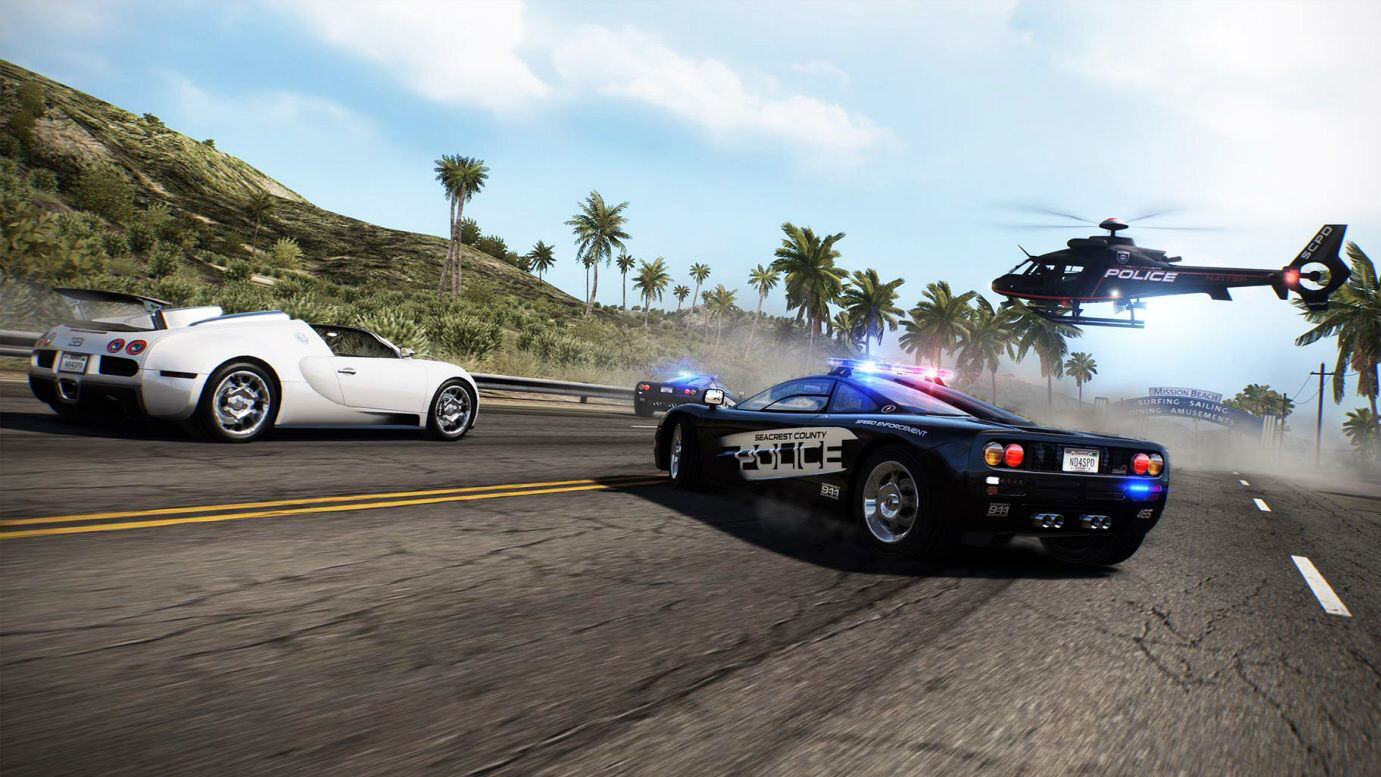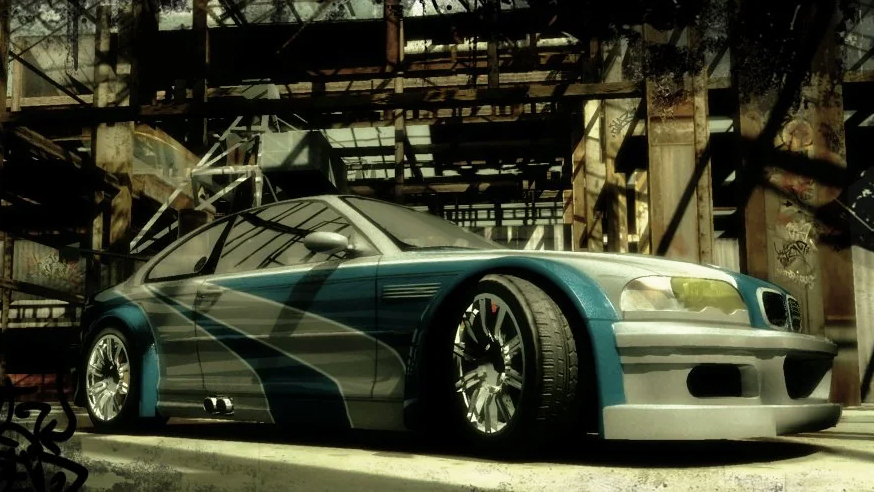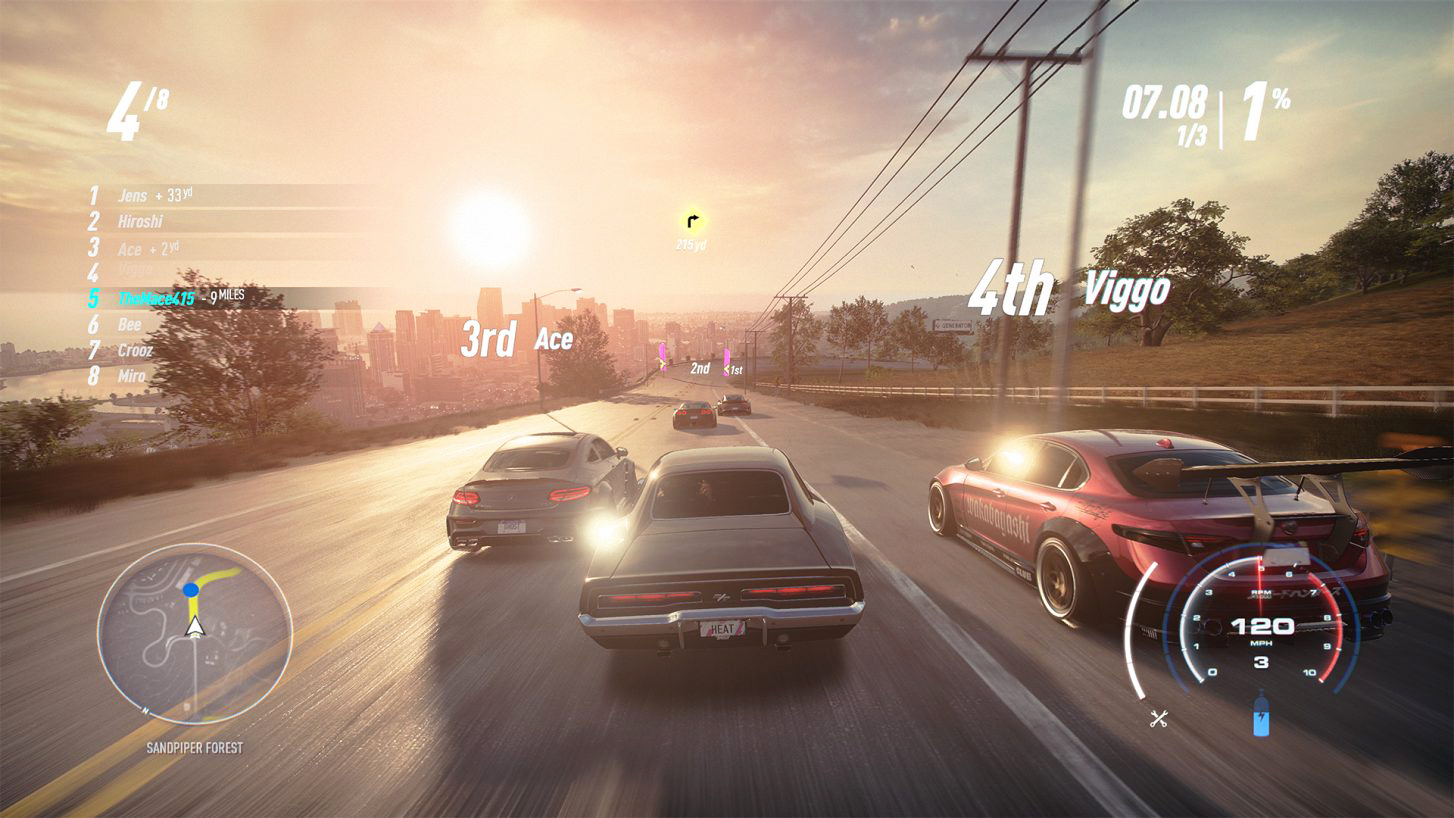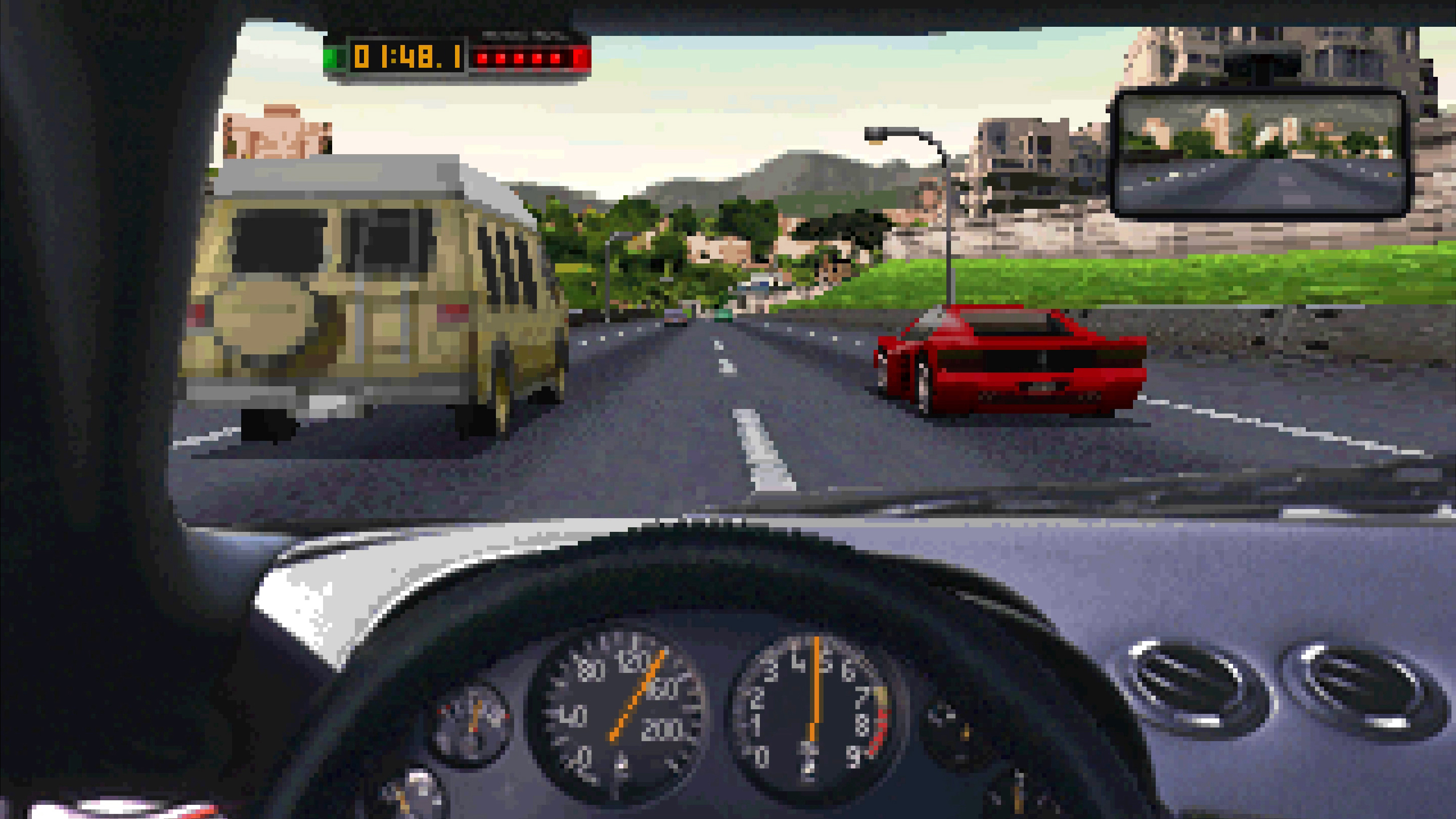
Need For Speed Underground developer: "we didn't know what we had"
As Need For Speed turns 30, we speak to the developers who defined the series’ best games
It was all the way back in 1994, the age of plaid shirts and chart-topping alienated youths and Diana Ross missing that penalty, when The Need For Speed hit the shop shelves. The best-selling racing series began in a different world, full of analog dials and game cartridges, and has survived long into the age of digital storefronts and strict emissions regulations.
Those thirty years and 150 million sales have created a rather enviable problem for its various custodians over the decades: after so many releases, what does it actually mean to be a Need For Speed game?
That question is forefront in the minds of a gathering of current NFS developers and alumni who’ve assembled to reflect on the series’ history. Primarily because we’ve just asked it...
Apparently it’s all about “the three Cs,” says Need For Speed Unbound’s creative director John Stanely: “Context, customisation, and consequence.”
There’s always been a clear contextual frame around your actions in each game, he explains. “Why am I taking this car from point A to B? Why are you asking me to upgrade this car from a tier B to a tier A? It's the context that comes behind it. And what we learned over the last couple of years is actually about authenticity within car culture, too.
“So the more we can wrap our context and what we're doing around that, the more it resonates with our players.”
The customisation element’s expanded from picking a colour (thrilling at the time, mind you) to in-depth restomod creations and custom vinyl designs worth a whole gallery exhibition. “I don’t think there’s any games out there that let you take it as far as we do in Need For Speed.”
Then comes the consequence. Why’s it a big deal to evade the cops, or win the race, or lose your prize money? “The thing that sets us apart is that sense of tension. Do I just go out and do one more race and risk all of the loop that I've accrued over the last half-hour?”
That tie to car culture is especially important. It’s allowed the series to grow from a simple racer that threw you the keys to the kind of supercars you’d have had posters of up on your bedroom wall, to a hip-hop-tinged tuner-fest where underlit neons were as ubiquitous as Lil Jon tracks, and all the way to Unbound’s A$AP Rocky-designed 190E. While arguably Gran Turismo’s been better at making cars iconic through force of will, NFS has been better at picking already iconic cars and then giving them a twist.
Justin Wiebe is a veteran EA developer, now working on the Battlefield franchise, who first started on Need For Speed Underground. You might also remember him as Taz in NFS Most Wanted. Part of the series’ identity has been to adapt to the shifting tastes of car culture, he tells TG.
Top Gear
Newsletter
Thank you for subscribing to our newsletter. Look out for your regular round-up of news, reviews and offers in your inbox.
Get all the latest news, reviews and exclusives, direct to your inbox.
“You can go all the way back and look at car culture from the explosion of the muscle cars in the seventies… Magnum PI and all these amazing shows featured these super amazing exotic cars. And as kids we all wanted to just grow moustaches and drive Ferraris, right?
"And then for me [I got a] thrill to experience the rise of the customisation era, the idea that you can grab your grandma's station wagon and turn it into a 600bhp behemoth and throw a dragon on the side.
"Eventually that culture changed and then it became the rise of the sleepers, because everybody started cracking down on tuner racing. So it was about who had the most secret car that wasn't so showy, but man, don't challenge me, because I'll blast you off the line.”
Of course, it hasn’t always been that simple. NFS has had its share of prangs over the decades, finding itself intermittently either stale and guilty of retreading old ground, or losing its footing on that tightrope of accessible but meaty arcade handling. Its enduring relevance hasn’t always been a given, veteran Criterion/Ghost Games producer Patrick Honnoraty admits: “The trajectory has been bumpy actually in some cases, actually. But what's happened, and I think what's been most important, is if you think about the first inception of The Need For Speed, it was really accessible. It was really easy.”
Honnoraty and his friends first saw the 1994 original being played on a 3DO (ask your great granddad) and they understood it instantly. Evade the cops, drive cool cars quickly. Feel like a driving god. “So [in modern NFS] people still have the option to jump in and have fun. And it just makes you feel cool. It's really inside of the DNA.”

When the series has missed the mark, Honnoraty says, they’ve veered away from that premise.
“It's probably been at some of its worst times when those things have been removed, actually, when customisation has not found its way into the priorities that we've set, and it's been removed from the game, I think the game suffered.”
Still, very few franchises can claim such a hits to misses ratio as this one. To many, the golden age was that Underground to Most Wanted era of the noughties. Soundtracked by surprisingly lewd rap and teen angst-laden screamo, it became every bit as much an annual Christmas tradition to do up a Skyline as stuffing, baubles, or pretending to be delighted by socks.
Looking back, what made those games so special?
“I think for me it was because we were kind of pioneering at that time,” says Wiebe. “It was the introduction of things like drag racing for the first time, where it was a completely new way of playing at high speed, like stick to your lane.
“We were starting to explore other new emerging genres like drift racing. And starting to really bring all of these kind of new and cutting edge ideas, and then mixing in with customisation.
“We didn't know what we had, but everybody there just bought into the vision of it.”
Need For Speed’s journey continues. NFS Unbound is about to release Vol. 9 of its post-release content on November 26th, including - cue the pantomime gasps - a motorbike.
Trending this week
- Top Gear Advice
Here are 19 brilliant cars that are cheaper than you think










